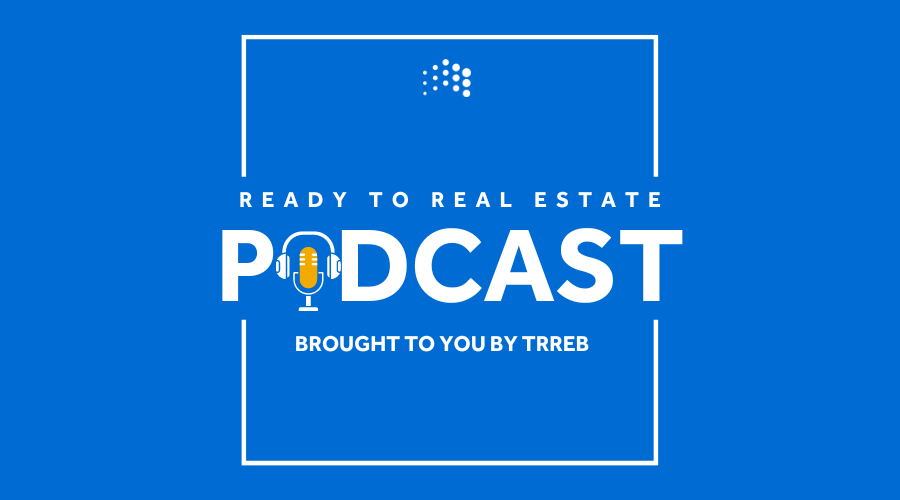It’s that time of year when cottage owners start thinking about selling, and REALTORS® may have a client who is looking to buy a weekend getaway. In our latest podcast episode, TRREB’s Chief Market Analyst and podcast host Jason Mercer sits down with real estate lawyer Richard Moran to unpack everything you need to know when buying or selling a cottage property.
Riparian Rights Simplified
In the episode, we walk you through riparian rights and how it relates to water surrounding a property.
“Riparian rights aren’t ownership rights like you would have at a city property or something like that. But rather, they’re a right to use the water and the use of the water that abuts the property,” said Richard.
There are six different rights categories, including water access, water usage, drainage, water flow, water quality, and accretion.
Before Purchasing a Cottage Property
Richard recommends REALTORS® and buyers make the purchase and sale agreement conditional upon a lawyer’s review.
Why?
Buyers gain the opportunity to address potential issues that may arise, such as property ownership boundaries or unresolved legal matters related to the purchase. This safeguard ensures buyers understand what’s involved in purchasing a cottage, ultimately protects their interests, and ensures a smoother transaction process.
Richard also expresses the importance of adding title insurance as another protection layer. Title insurance can provide coverage if a property is purchased without a survey and subsequent issues, such as encroachments or setback violations, arise post-closing.
Shoreline Road Allowance
You will also want to get familiar with what a shoreline road allowance is.
A shoreline road allowance is a 66-foot strip of land that borders a body of water. It was originally owned by the provincial government, but ownership of these road allowances was eventually passed down to the local municipality.
Since that time, some landowners may purchase the shoreline road allowance, whereas other shoreline road allowances remain in the ownership of the municipality.
What if you don’t own the shoreline road allowance and you want to build a dock or a boathouse?
Richard says you need to check with the Ministry of Natural Resources before you think about building. “You will need to get their consent if you want to build that big, long dock or that boat house because you want to make sure it’s not being built near a pond or any sort of endangered fish species or marine life,” said Richard.
Buying a weekend getaway or selling a family cottage are complex transactions. That’s why it’s important to use a trusted REALTOR® and connect with a real estate lawyer to help you navigate each step of the transaction.
To listen to the full episode, visit Ready to Real Estate.


